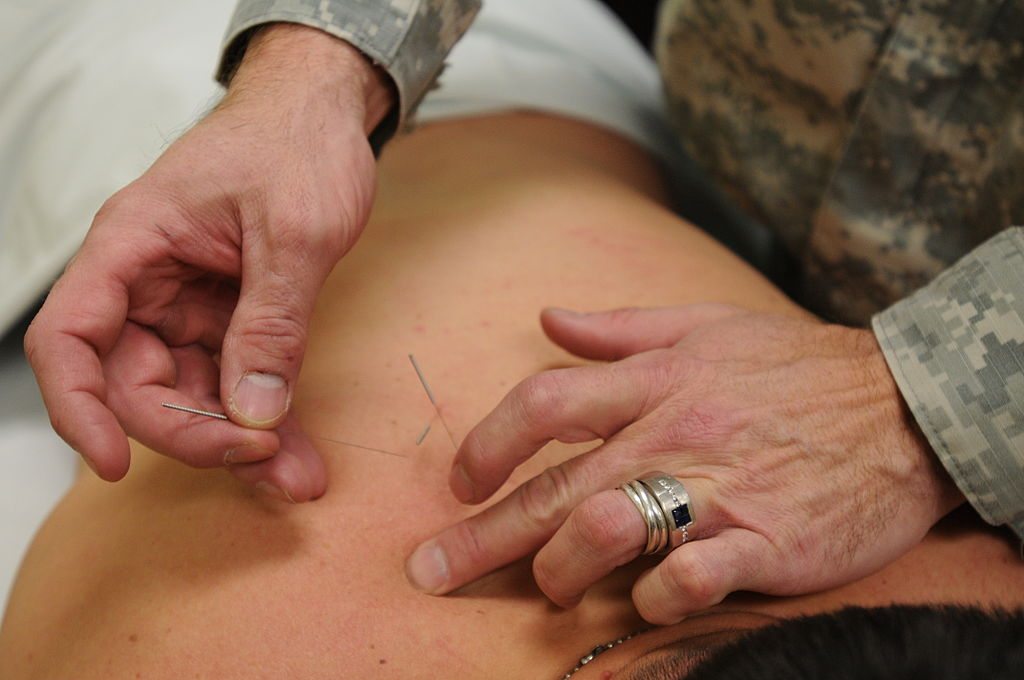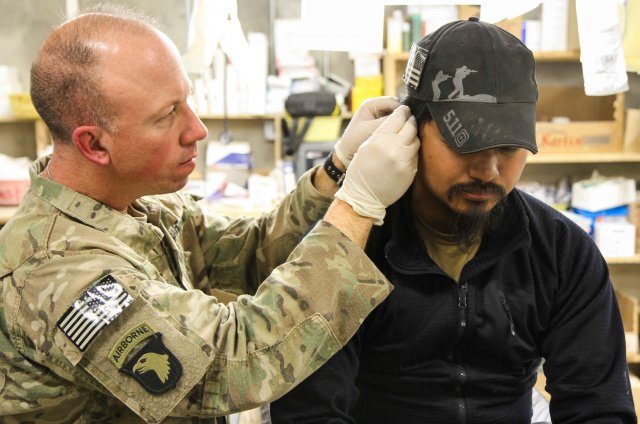Results for: "wayne Jonas"

Consortium of Academic Health Centers for Integrative Medicine research conference disappoints even NCCAM
In May, the International Research Congress on Integrative Medicine and Health (IRCIMH) conference was held in Miami. In the words of its website, the conference was “convened by” the Consortium of Academic Health Centers for Integrative Medicine (CAHCIM), “in association with” the International Society for Complementary Medicine Research. As CAHCIM chirped in this tweet: “Three days, 22 countries, 100 academic medical institutions,...
Ngrams and CAM
Ngram is a Google analytic tool/way to waste lots of time on the internet, a byproduct of Google’s scanning millions of books into its database. In a matter of seconds, Ngram scans words from about 7.5 million books, an estimated 6 percent of all books ever published. Type a word or phrase in the Ngram Viewer search box and in seconds a...
CAM practitioners as primary care providers under the Affordable Care Act: Part 2
In the last post, we took another look at Section 2607 of the Affordable Care Act, which prohibits “discrimination” against licensed CAM practitioners by insurers, and how chiropractors are continuing their PR campaign to rebrand themselves as primary care physicians. This time, we review a recent white paper by the Academic Consortium of Complementary and Alternative Healthcare, an organization that might be seen as CAM’s...

Integrative Medicine Invades the U.S. Military: Part Three
Nobody seems to know exactly how to define “integrative medicine” (“IM”) or to demonstrate what it does that is superior to the “conventional” kind. There is a lot of talk about addressing the “whole person” and not just the disease, patient-centeredness and the like, all of which are already aspects of conventional medicine. But, however defined, the central idea seems to be...

Integrative Medicine Invades the U.S. Military: Part Two
An unfortunate side effect (if you will) of states licensing of “CAM” practitioners is their ensuing insinuation of themselves into the nooks and crannies of the American health care system. Sometimes this is voluntary, such as their inclusion as providers of health care services in medical practices and other institutional settings in the form of integrative and quackademic medicine. Where voluntary action...

Integrative Medicine Invades the U.S. Military: Part One
Integrative medicine proponents claim superiority over physicians practicing “conventional” medicine. (Which I will refer to as “medicine” so as not to buy into integrative medicine’s implied claim that medicine can be practiced with two separate standards.) While conceding that medicine is good for treating conditions like broken arms and heart attacks, physicians who purport to practice integrative medicine argue it ignores “the...
Dummy Medicine, Dummy Doctors, and a Dummy Degree, Part 2.2: Harvard Medical School and the Curious Case of Ted Kaptchuk, OMD (cont. again)
“Strong Medicine”: Ted Kaptchuk and the Powerful Placebo At the beginning of the first edition of The Web that has no Weaver, published in 1983, author Ted Kaptchuk portended his eventual academic interest in the placebo: A story is told in China about a peasant who had worked as a maintenance man in a newly established Western missionary hospital. When he retired...
Dummy Medicines, Dummy Doctors, and a Dummy Degree, Part 1: a Curious Editorial Choice for the New England Journal of Medicine
Background This post concerns the recent article in the New England Journal of Medicine (NEJM) titled “Active Albuterol or Placebo, Sham Acupuncture, or No Intervention in Asthma.” It was ably reviewed by Dr. Gorski on Monday, so I will merely summarize its findings: of the three interventions used—inhaled albuterol (a bronchodilator), a placebo inhaler designed to mimic albuterol, or ‘sham acupuncture’—only albuterol...
Of SBM and EBM Redux. Part IV, Continued: More Cochrane and a little Bayes
OK, I admit that I pulled a fast one. I never finished the last post as promised, so here it is. Cochrane Continued In the last post I alluded to the 2006 Cochrane Laetrile review, the conclusion of which was: This systematic review has clearly identified the need for randomised or controlled clinical trials assessing the effectiveness of Laetrile or amygdalin for...

